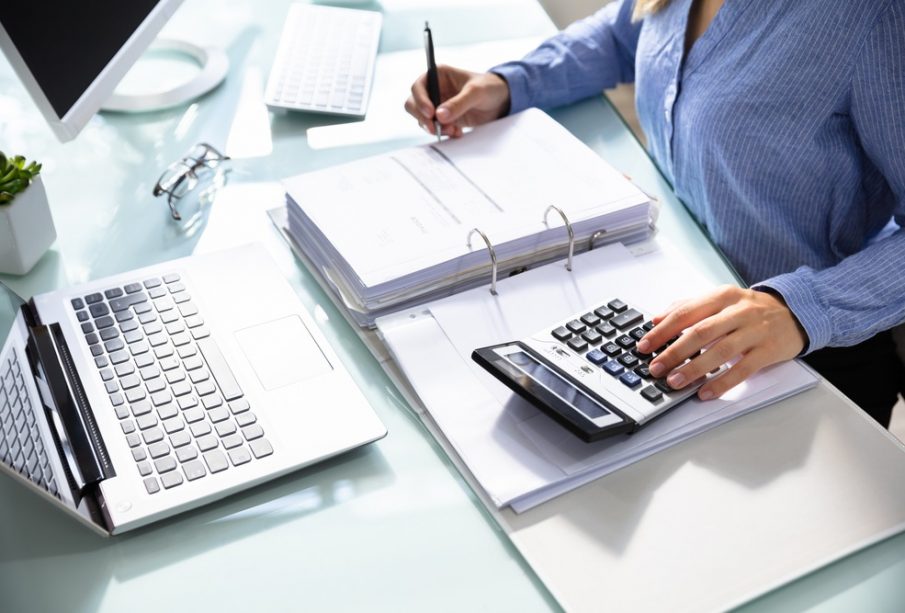Online banking safety tips that are useful for everyone

Businesswoman's Hand Calculating Bill With Calculator Over Desk In Office
Managing money and making purchases has never been easier than it is now, thanks to online banking. We don’t need to go to the bank to transfer money, and we don’t need to wait for the next paper statement to find out how much money we have, either. Using an Online Banking app helps you make multiple transactions in seconds. Online banking has eased our lives, but it has also made it simpler for fraudsters.
Criminals are no longer required to plot a robbery to rob someone of their bank account. The only thing they have to do is wait for you to let them down and reveal your personal information. Protecting your personal information is essential, and following these online banking safety guidelines consistently will help you avoid becoming a thief’s next victim.
Read some of the safety tips to follow when banking online:
Do not try to access your bank accounts on public Wi-Fi
Hackers can more easily access your computer when you’re using a public Wi-Fi network and take your personal data from it. If you’re not using a secure Wi-Fi network or your personal cell phone data connection, you should never use a computer, tablet, or mobile device to access your bank’s website. Your information is safer in secure Wi-Fi because it is considerably more difficult for hackers to hack it.
Avoid saving your login information.
Some websites let you remember your login details for later use, but if another person uses your computer or mobile device after you, they might be able to access your bank accounts. Many banking websites now time out and delete your information after a certain amount of inactivity to at least partially prevent this from happening. Always use a password for your Phone Banking App to keep it secure.
Use strong passwords and change them often.
Characters, numbers, and a combination of upper and lowercase letters make up strong passwords. Many banks now demand that the password for your online accounts match these requirements. To make it harder for hackers to access your information, you should switch your passwords for all of your online accounts at least once every few months and use different passwords for each account.
Use two-factor authentication whenever possible.
The next level of security is two-factor authentication, which many banks are now providing. When you log in online, your bank often transmits a code to the phone number you provide. Some banks also let you call or email them for a code request. To log in, you’ll also need to enter this code in addition to your password. In this manner, even if your password is compromised, no one can access your accounts. Set it up if your bank allows it because it is one more hurdle to jump for criminals, and it can help keep your money secure.
Final thoughts
Check if the Phone Banking App you use is official and updated. The only way to be completely sure is to frequently review your account balances and transaction history to ensure that your money isn’t flowing in any unexpected directions. Change your account password right away if you see any unusual activity, and get in touch with your bank.













